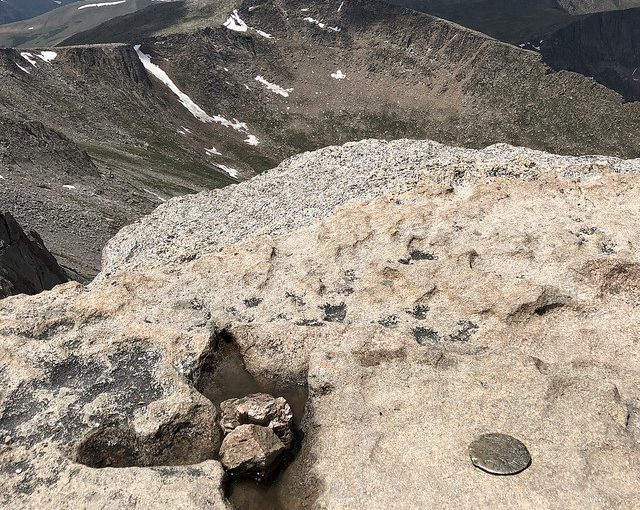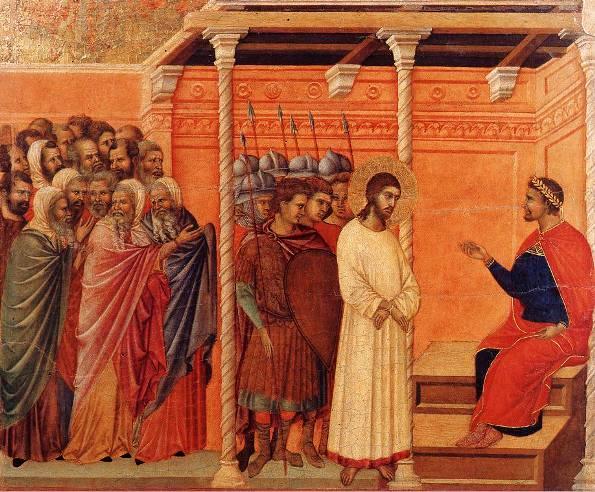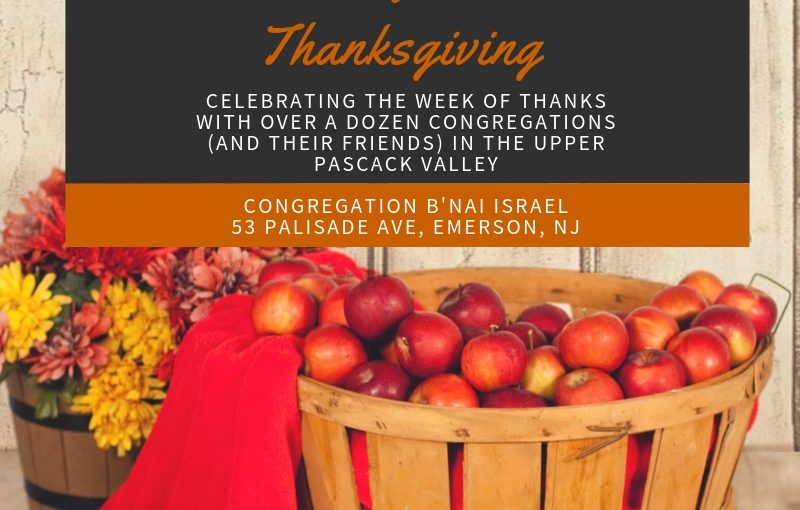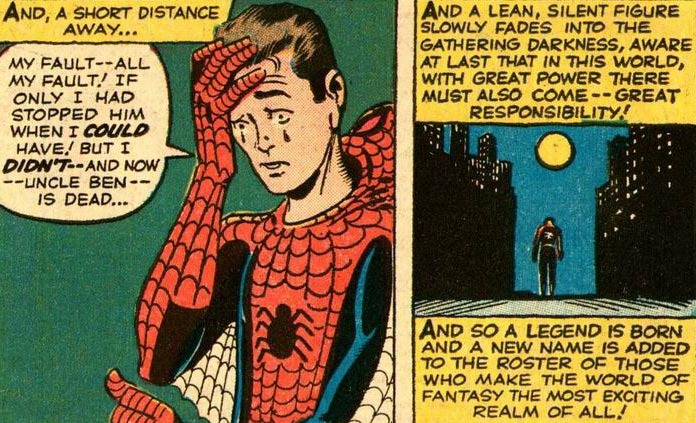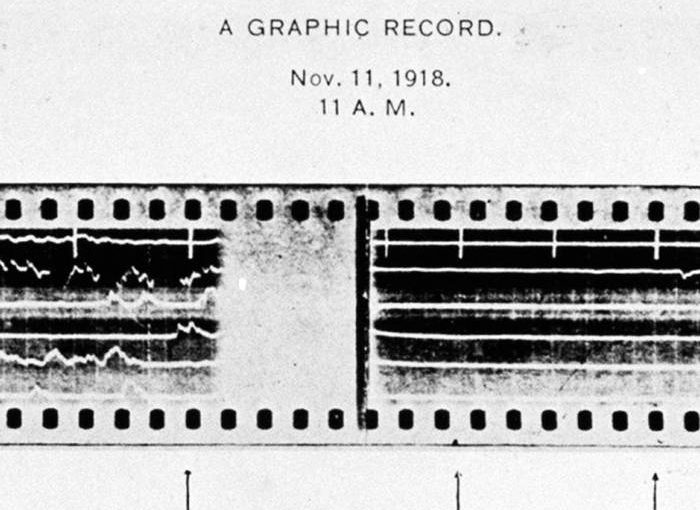Brothers and sisters, join in imitating me, and observe those who live according to the example you have in us. For many live as enemies of the cross of Christ; I have often told you of them, and now I tell you even with tears. Their end is destruction; their god is the belly; and their glory is in their shame; their minds are set on earthly things. But our citizenship is in heaven, and it is from there that we are expecting a Savior, the Lord Jesus Christ. He will transform the body of our humiliation that it may be conformed to the body of his glory, by the power that also enables him to make all things subject to himself.
Philippians 3:17-4:1
Therefore, my brothers and sisters, whom I love and long for, my joy and crown, stand firm in the Lord in this way, my beloved.
My sermon from the Second Sunday in Lent (March 17, 2019) on Philippians 3:17-4:1
******
Everything we do on Sunday morning had to be invented. The type of prayers we say, the kind of music we sing, and the special vestments I wear – all of it comes from somewhere. Some items are pretty easy to explain, like my alb, the robe that I wear. It’s colored white as a reminder of our baptism and it resembles the kind of basic, everyday clothing, that people actually wore in the Roman world 2000 years ago. But not everything we do on Sundays is so easy to explain or so old. In the mid 1890s, the New York Times and other newspapers reported on a new trend in holy communion that had gone viral. Some of the more “hip” churches in Brooklyn were starting to use, for the very first time, individual communion cups. This trend was so compelling that reporters went to church to see how the people would react. Yet the energy behind this new movement in communion didn’t come from theology or some rediscovery of an ancient church practice. No, individual communion cups were all the rage because by the 1890s, the world had finally discovered germs.
Now, it’s sort of amazing to imagine a time when we didn’t know about germs. Pretty much every cleaning item today brags about how many viruses and bacteria it can kill. But before the 1870s, germ theory and the dangers of microorganisms were not widely accepted. Yet as the science matured, people discovered how diseases could be transferred from person to person and how hygiene mattered. Hospitals began, for the first time, sterilizing their equipment and cities worked on the problem of sanitation. Dozens of new scientific journals dedicated to the wonders of hygiene started being published. And as indoor plumbing started to become more widespread, taking baths more than once a month became part of our cultural standard. A certain kind of cleanliness, once reserved for the very rich, was now available to many people, including the new “middle class.” It wasn’t enough to just own a large house. Your home, your body, and your entire life needed to be cared for, maintained, and “cleaned.” In other words, you needed to match society’s new definition of what was hygienic and everything that didn’t match this new spirit of “clean” was pushed away.
Entrepreneurs, caught up in this moment in history, noticed how all kinds of people drank out of the same cup when sharing holy communion. A new technology needed to be invented to bring the spirit of hygiene to the practice of holy communion. Many different people, all at the same time, filed patents for individual communion glasses as a way to combat the supposed scourge of unhygienic holy communion. By the time individual communion cups finally reached New York City, the buzz had been brewing for so long that a Brooklyn church advertising their use was standing room only on Sunday mornings. Soon after, religious newspapers and theological journals were full of letters and articles debating the new practice. Some challenged it on theological grounds while others advocated for the individual cups as a way to make Sunday morning as clean as Jesus wanted it to be. The debate over individual communion glasses lasted decades with the question of hygiene dominating every argument. Science, not theology, was now the go-to for the how-to of holy communion.
Yet in the dozens of articles, letters, and minutes from Lutheran churches who argued about this issue that I’ve read, it seems that the idea of hygiene rather than any scientific evidence was the real driving force behind the debate. Rarely did anyone show bacteria growing on chalices or give evidence showing how one communion cup spread some infectious disease. Instead, that conclusion was assumed to be true. Communion chalices had to be, according to advocates for the new practice, covered in germs. But that wasn’t the chalice’s fault. Rather, the real problem was the kind of people who drank from that chalice. And if you weren’t careful, the wrong kind of people would have touched that cup before you and they would make you sick.
Over and over again, early advocates for individual communion cups moved from a general statement about hygiene to detailed arguments designed to make you afraid. They weren’t worried about people who dressed like you, looked like you, or lived in the same economic class as you. Instead, they were concerned about that other person who happened to be kneeling next to you at the communion rail. And since the authors couldn’t use science to diagnosis that fictional person, they vilified them instead. Using every ethnic, racial, and economic dog whistle they could, the authors of these writings tried to frighten so-called “respectable people” from being contaminated by what the “other” might have touched. Actual science and facts didn’t matter. Consciously or unconsciously, the early advocates for the individual communion glasses gave in to, and promoted, fear. It wasn’t germs they were worried about. Rather, they were concerned about who God might want them to share communion with. They had no problem communing with someone who fit into their ‘clean’ world but if someone didn’t dress like them, talk like them, shop in the same places like them, live in the same economic class as them, or look like them, then holy communion was literally off the table. Their claim as citizens of their so-called hygienic world was only available to a select few and that opportunity for citizenship was denied to anyone who they didn’t already pre-approve.
Paul, in his letter to the Philippians, made a claim about citizenship that’s almost easy to miss. He was, as he wrote this letter, probably in prison writing to one of the many church communities he founded. That community, like all early church communities, struggled in the face of persecution, challenge, and internal conflict. Paul wanted to offer the two dozen or so followers of Jesus in Philippi some hope. The community there was surrounded by thousands of people who didn’t believe. Many of these early followers of Jesus probably didn’t grow up Jewish and they came from a variety of social and ethnic backgrounds. A few were probably even slaves. We can assume that a sizable portion of the church in Philippi were not Roman citizens and that they never expected to be granted that status. It wasn’t easy for them to keep the faith since so many other people were against them. So Paul wrote to strengthen them, encourage them, and remind them whose they are. No matter where they came from, what they used to believe, what language they spoke, what status they had, or what their personal hygiene actually was – they, because of the gift of faith and the gift of their baptism, belonged to God. Their citizenship in God’s kingdom, as they were, was already secure. Even in the midst of fear, terror, and conflict, they were Christ’s and Christ was already there’s. By standing firm in the Lord, they could live into a hope that would transform them into something brand new. They were no longer merely what they once were or limited by what the citizenship of the world could offer them. They were citizens of God’s eternal kingdom and that, to Paul, changed everything.
But that citizenship isn’t a citizenship that’s only to come. Rather, for all who follow Jesus, that citizenship is here, right now. Jesus’ own ministry was a sign of God’s kingdom come near and as citizens of God’s kingdom, our very lives are called to do the same. We are rooted in an identity that will not let he worlds we create for ourselves hold us back from fully embracing the diverse world that God not only created but, through Christ, God truly loved. We are called to dismantle, uproot, and undo any worldview that aims to do the opposite of what Jesus did. We are not here to deny citizenship of others; rather, we are called to live as if our citizenship actually matters. In the face of hate, evil, extremism, violence, and the very small worlds that we too, try to create and maintain, we are reminded that we are, first and foremost, citizens of heaven. And as citizens of heaven, the only thing we can do is to be like Jesus and that means, no matter the cost, we’re here to just love.
Amen.
